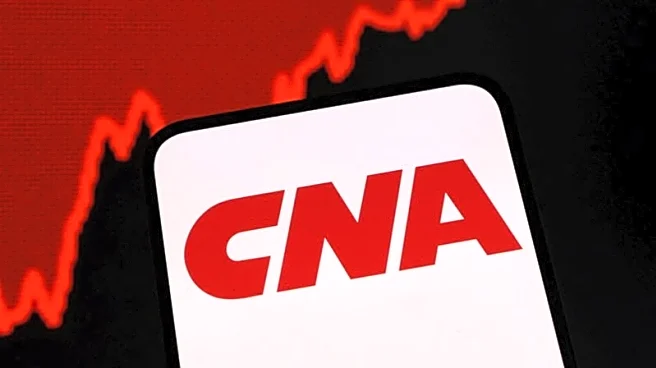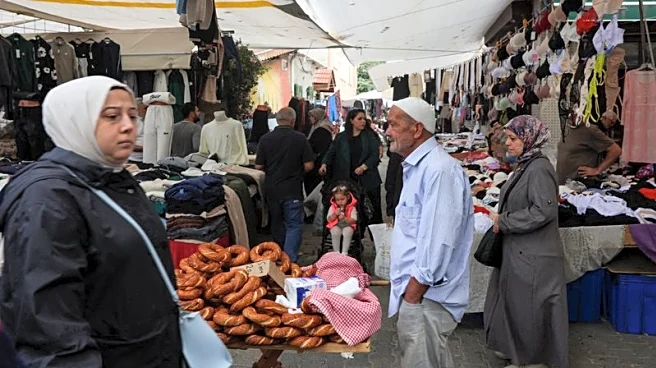What's Happening?
The United Arab Emirates (UAE) holds approximately $700 million in Bitcoin, primarily accumulated through mining operations, according to Arkham Intelligence. The UAE government’s Bitcoin wallet addresses hold about 6,300 BTC, mined through Citadel Mining, a company majority-owned by the UAE government-linked International Holding Company (IHC). Unlike the U.S. and the U.K., whose holdings largely result from police asset seizures, the UAE’s acquisition comes from mining operations, making it a unique player in the global Bitcoin landscape.
Why It's Important?
The UAE's approach to accumulating Bitcoin through mining rather than seizures highlights its strategic focus on digital asset autonomy and blockchain infrastructure. This positions the UAE as a significant player in the global cryptocurrency market, potentially influencing other nations to adopt similar strategies. The move aligns with the UAE's broader economic objectives to diversify beyond conventional resources, enhancing its role in the digital economy. The UAE's holdings contribute to its growing influence in the crypto world, potentially affecting global market dynamics.
What's Next?
The UAE is likely to continue expanding its Bitcoin mining operations, further solidifying its position in the cryptocurrency market. As the country increases its digital asset reserves, it may attract more blockchain and fintech companies, boosting its economy. The UAE's pro-crypto regulatory environment, particularly in Dubai, will play a crucial role in shaping its future as a regional hub for digital innovation. The global crypto community will closely watch the UAE's developments, potentially influencing international crypto policies and strategies.
Beyond the Headlines
The UAE's focus on Bitcoin mining raises ethical and environmental considerations, particularly regarding energy consumption and sustainability. The country's strategic alignment with digital assets may prompt discussions on the long-term implications of cryptocurrency adoption on national economies and global financial systems. The UAE's approach could influence cultural perceptions of Bitcoin, shifting it from a speculative asset to a recognized component of economic strategy.










